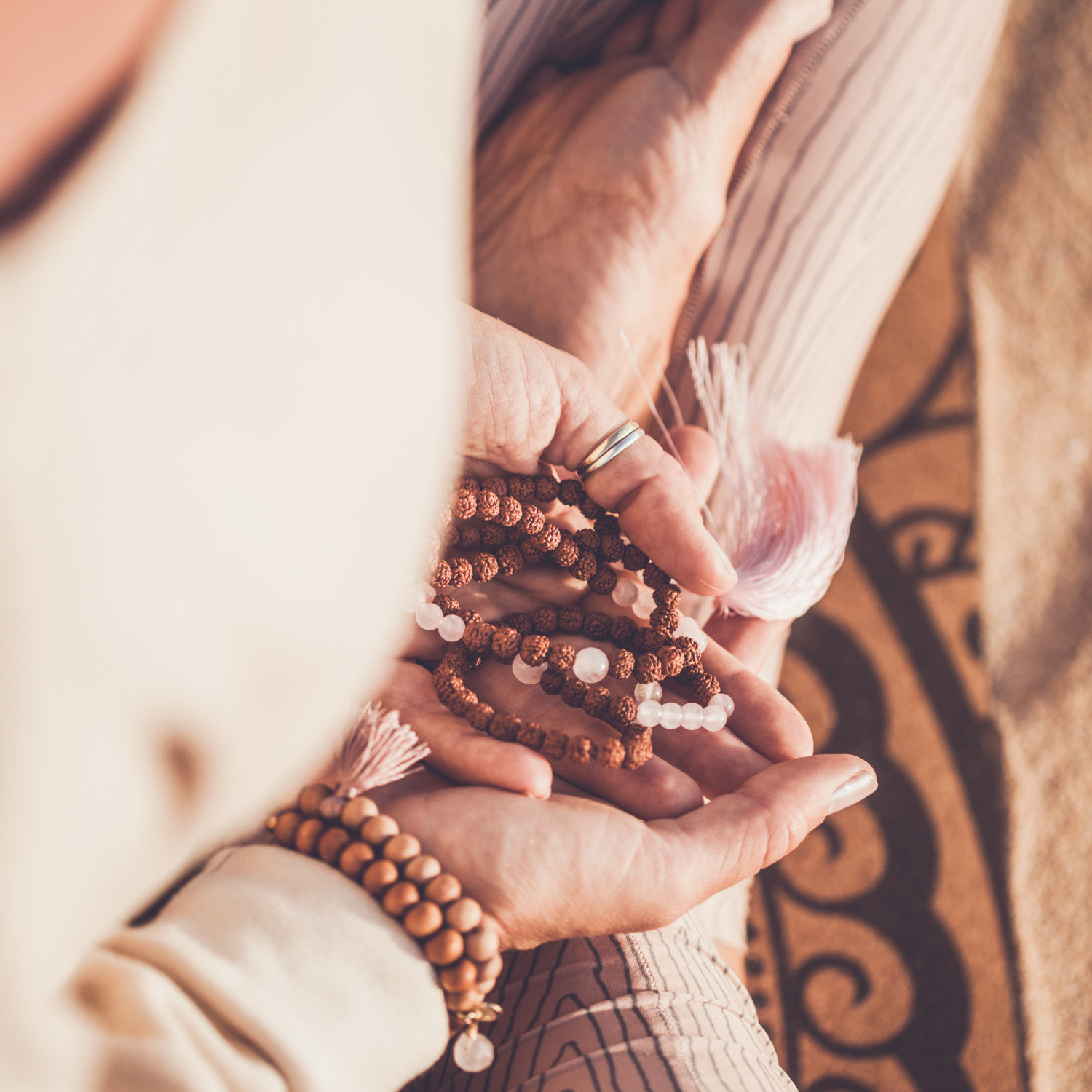
Many people describe feelings of depression around the time when their drinking habits became unhealthy. Others share that they’ve used alcohol to help relieve depression, but it actually made it worse. There’s a cycle at play here: depression is a common driver of unhealthy drinking habits, and alcohol often intensifies depression.
Research indicates that depending on the severity of one’s alcohol use, people with alcohol use disorder are up to four times as likely to have experienced a major depressive episode in the past year, compared with people who do not have an alcohol use disorder.
It’s not unusual for people who stop drinking to experience some depression at first. If someone was drinking as a way of coping with depression, their depression may still exist in sobriety and require additional treatment. Depressive feelings may also intensify during early recovery because alcohol is no longer being used to numb emotions. It’s important to note that in the long-term, sobriety can significantly help minimize depression and pave the way for more effective coping skills.
How to Boost Your ‘Happiness Hormones’ Without Alcohol

While alcohol depletes our ‘happiness chemicals’ like dopamine, many healthy activities can naturally boost our mood. Let’s explore a few of them.
1) Yoga & Exercise
Yoga & Exercise, particularly 30-minutes or more of aerobic activity and strength training, can boost your mental health by increasing adrenaline.
2) NUTRITION & HOW TO FUEL YOUR BODY
Nutrition and how your fuel your body can play a meaningful role in depression and alcohol recovery as well. Certain nutrients can either increase or decrease dopamine production. For example, healthy proteins like bananas, eggs, and unprocessed meats contain essential amino acids that can be converted to dopamine, while saturated fats, like butter, desserts, and processed meats can actually lower dopamine production.
3) MENTAL HEALTH TOOLS
Meditation, breathwork, and yoga nidra can lower the stress hormone cortisol, which can help alleviate symptoms of depression. Meditation is not one size fits all. The most common excuse I hear is - I can't sit still. I can't quiet my mind. I'm too anxious. There are so many different types of meditation to explore. Walking, guided, laying down. Remember to breathe. Long, slow, deep breaths. And if something doesn't feel good, then don't do it. Your self-care and mental health should be your number one priority.
Live Free in Recovery
XO,
Sheri Matthews
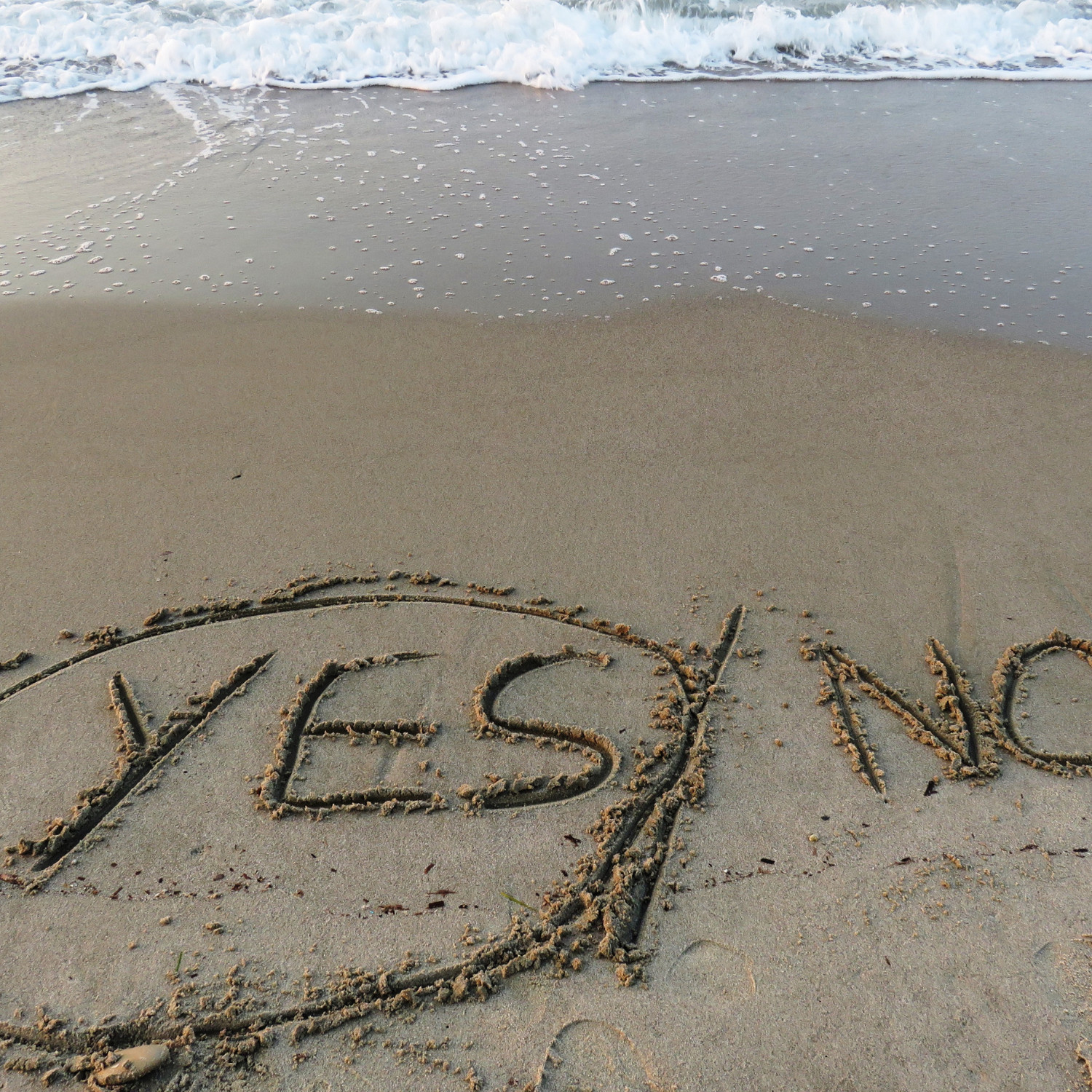
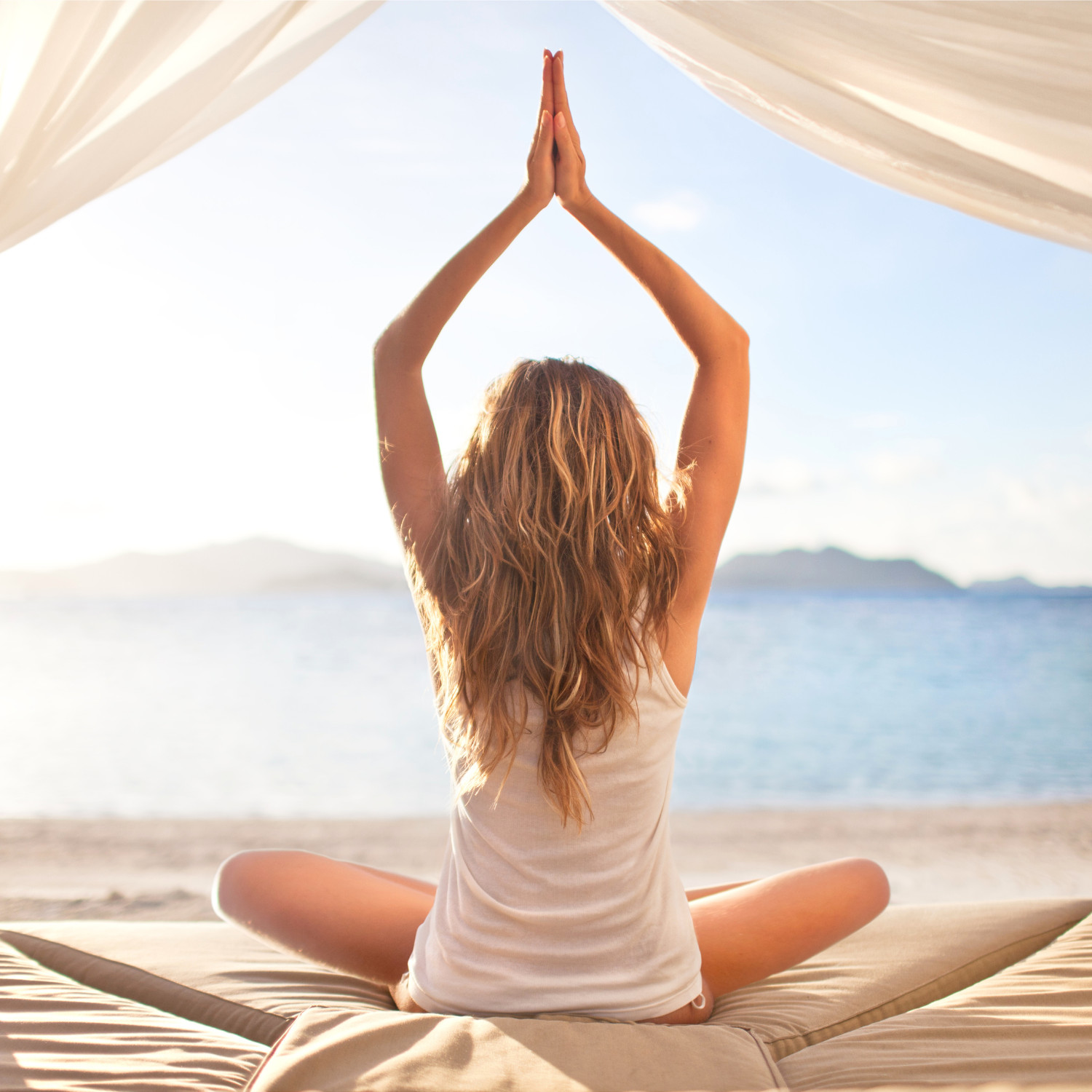
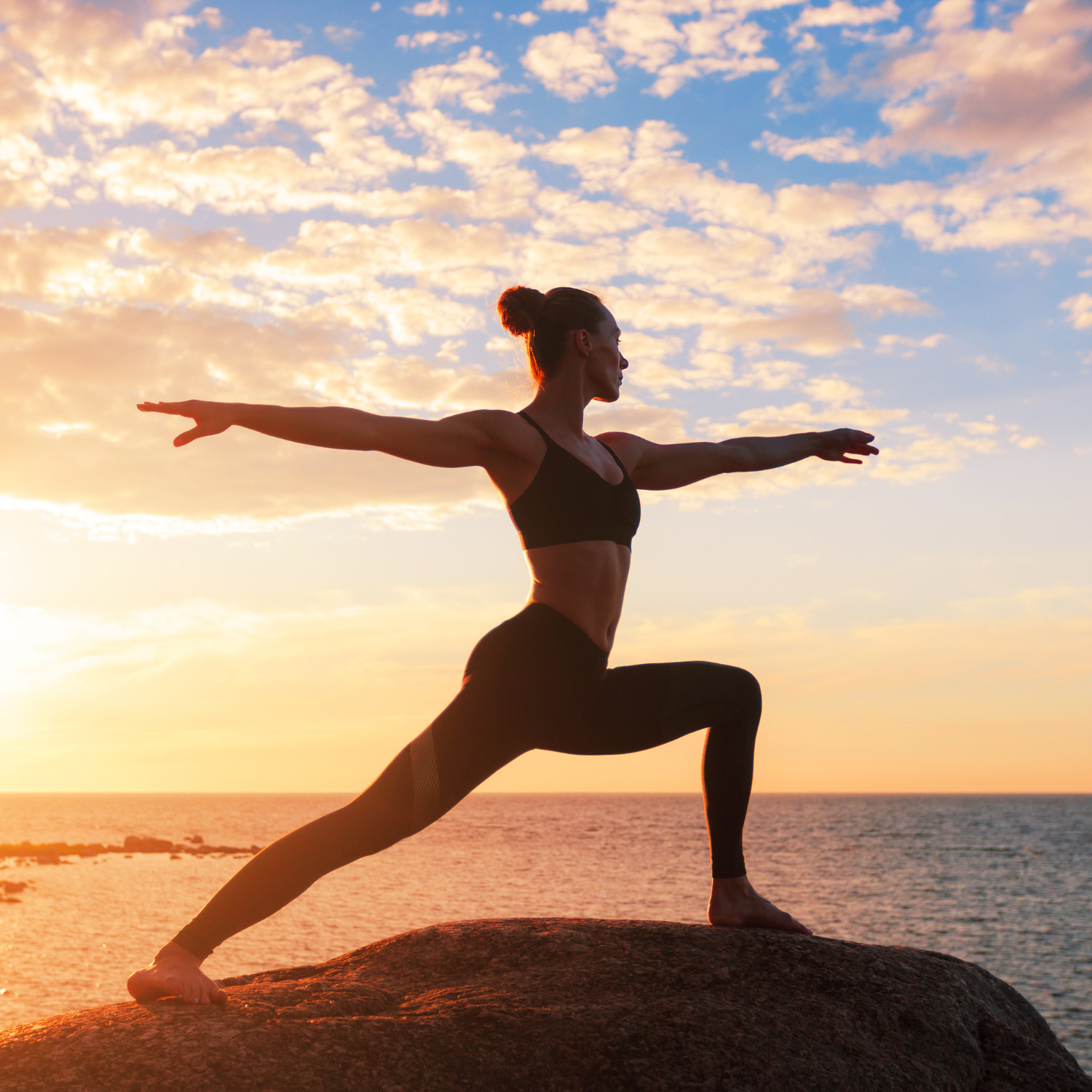

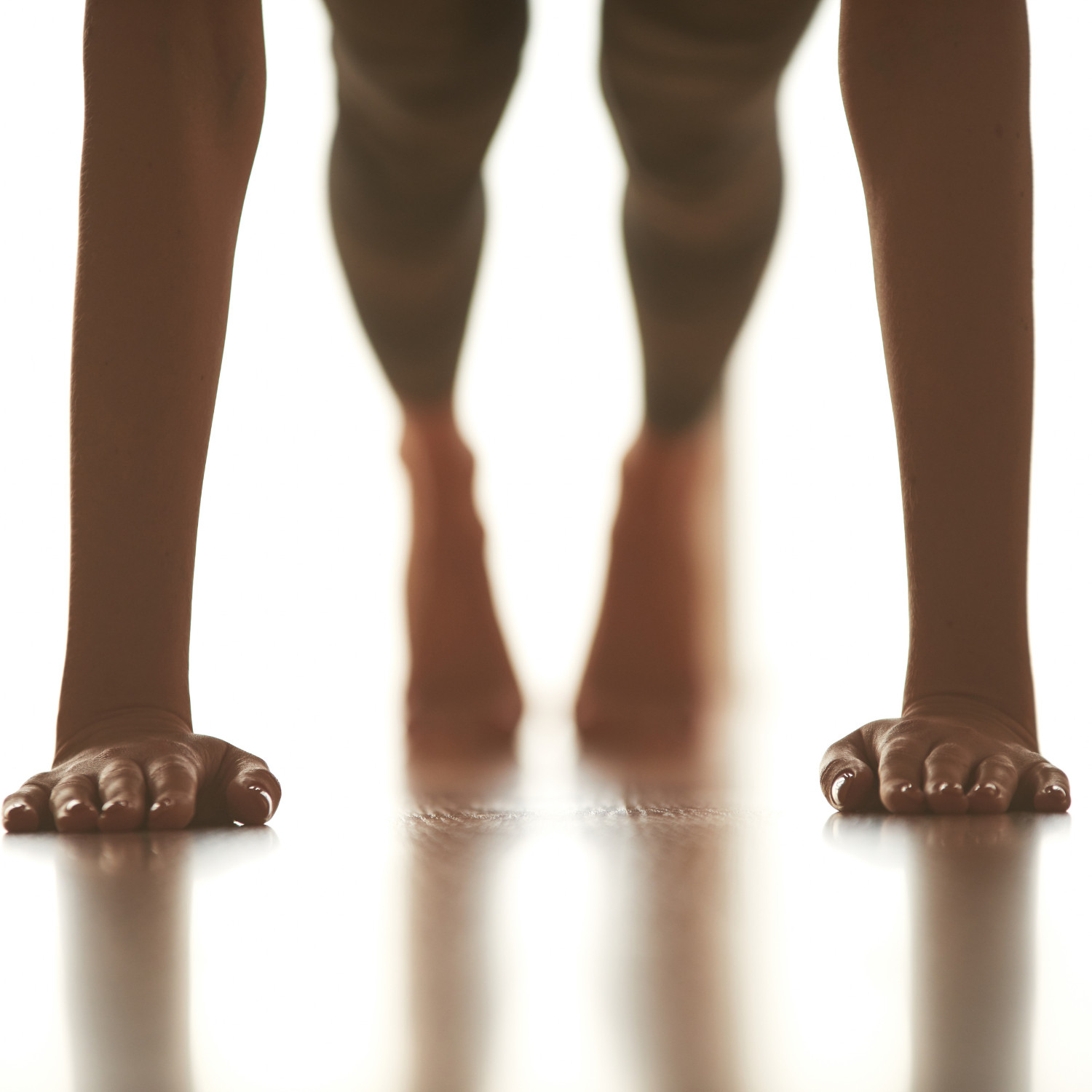

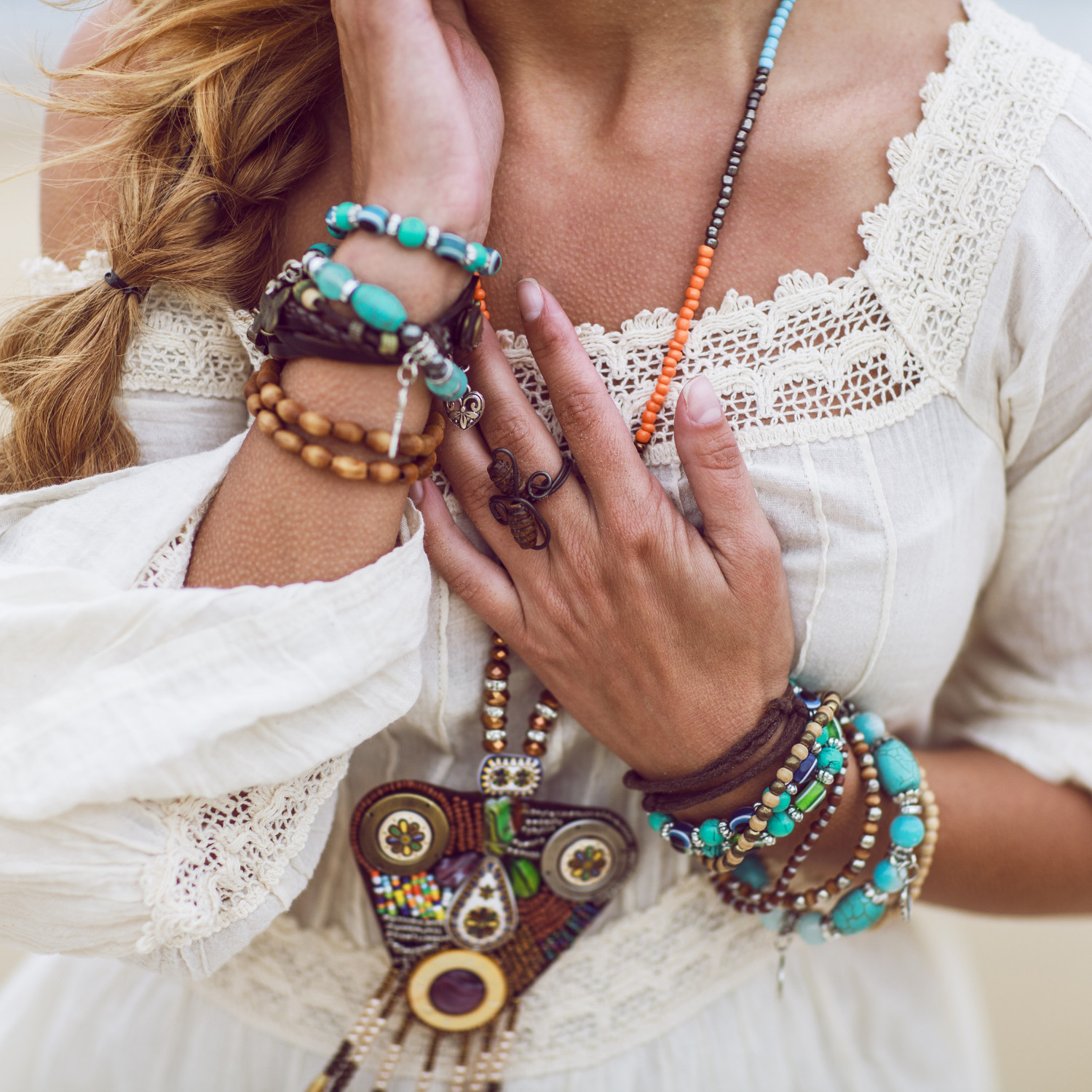
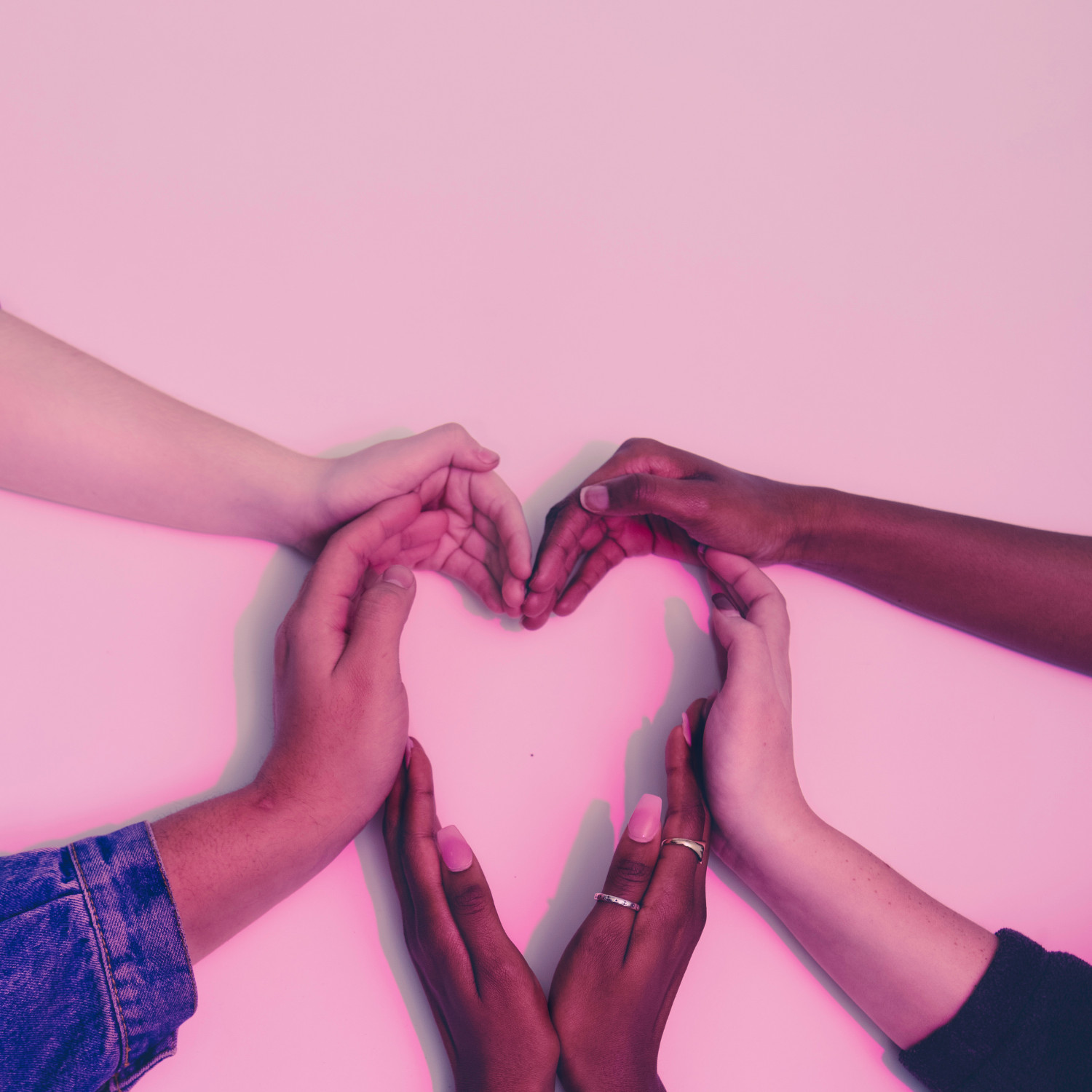
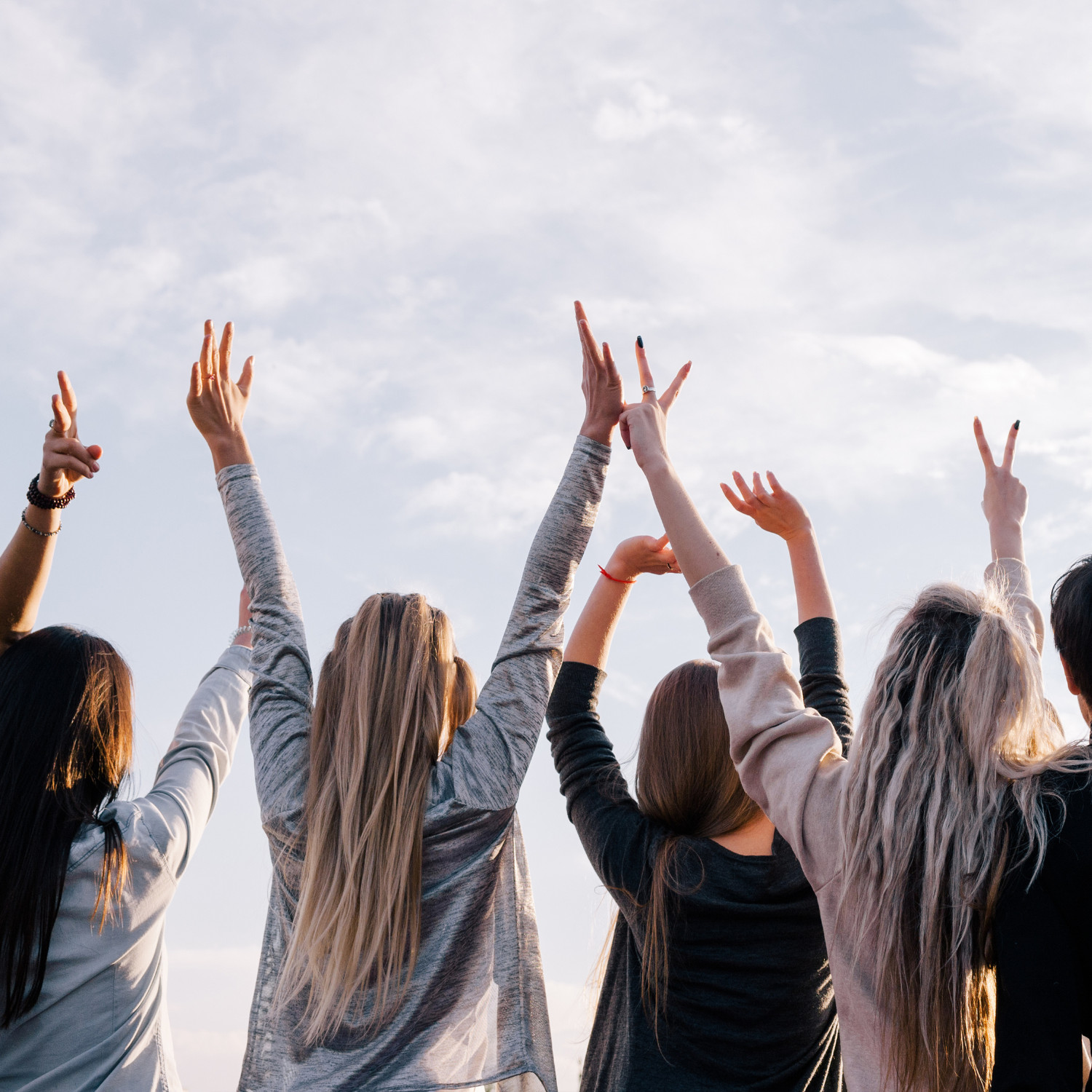

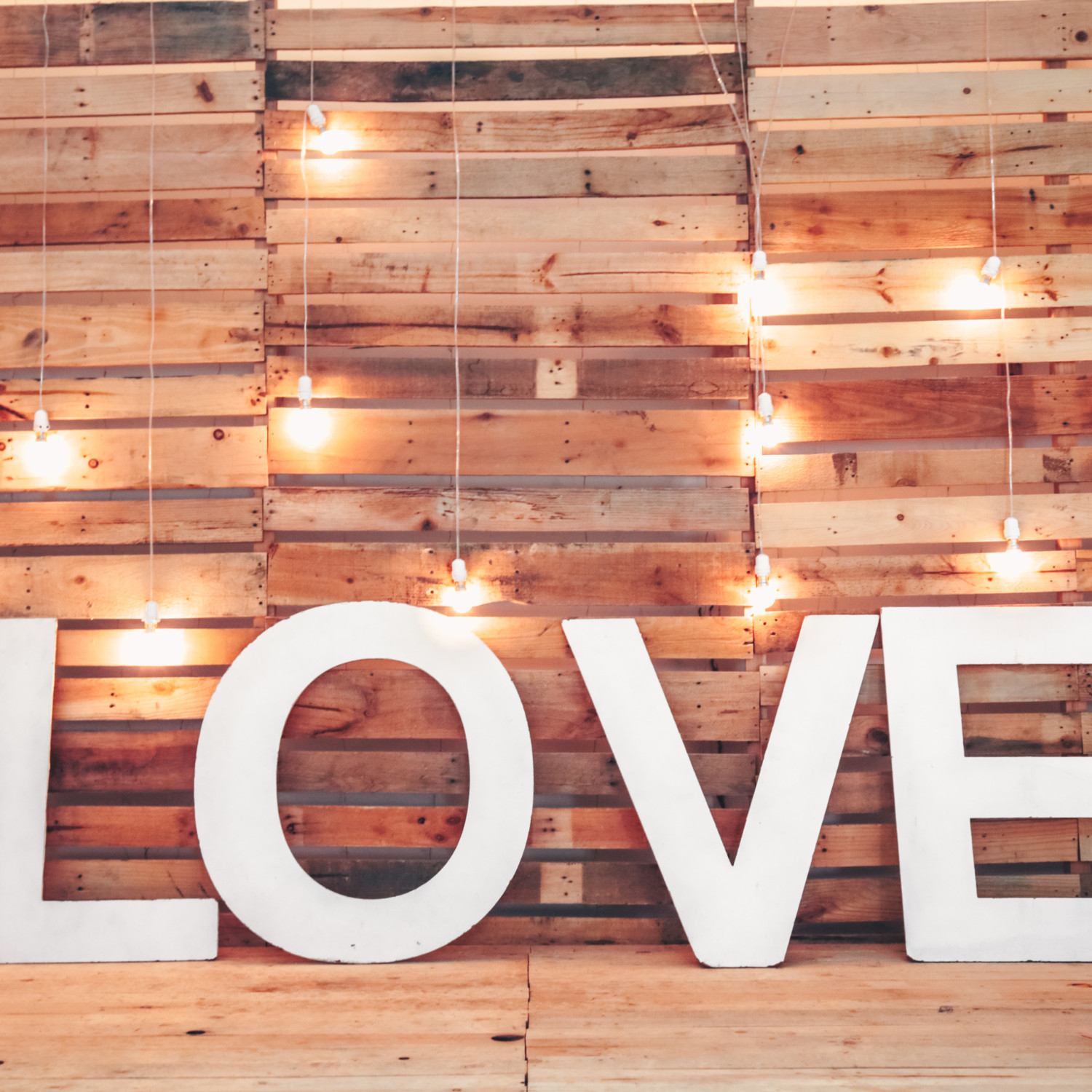
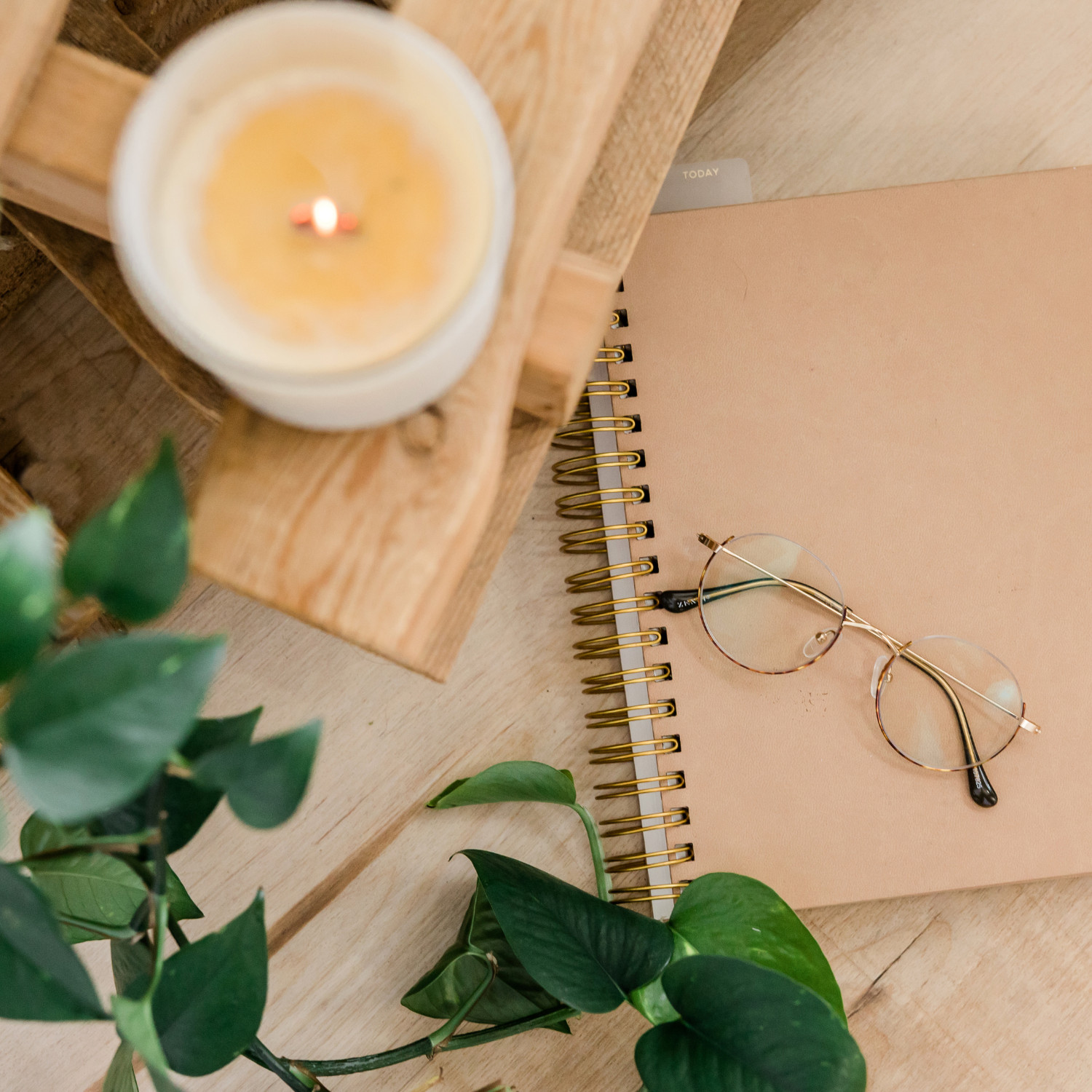
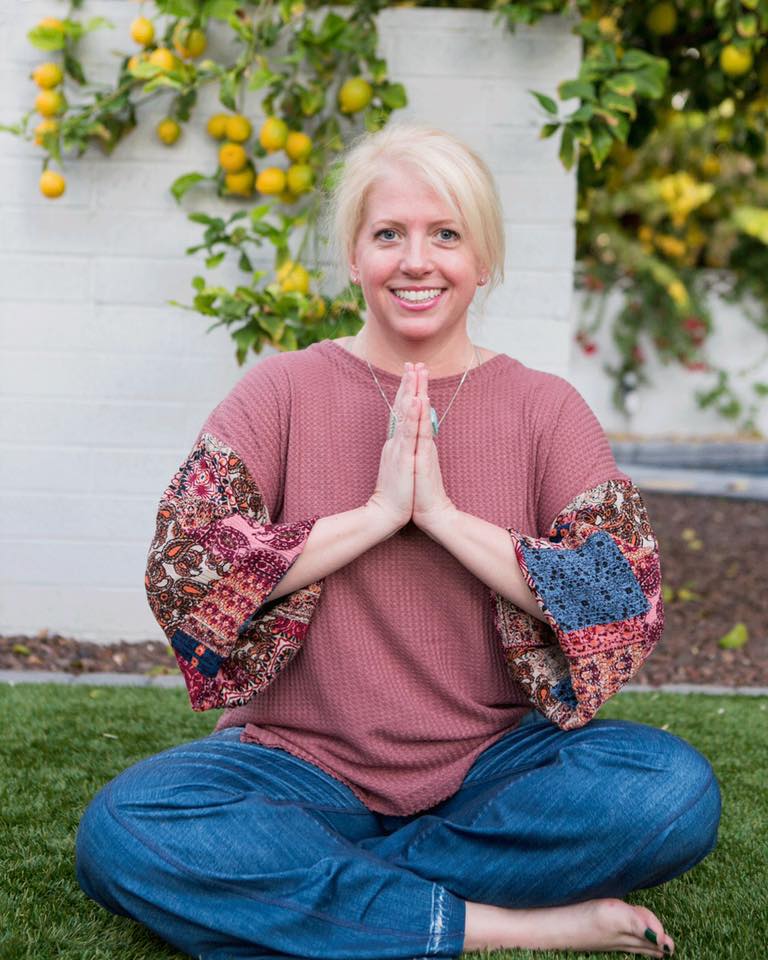
0 Comments